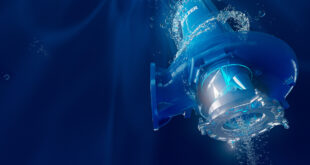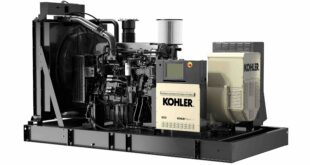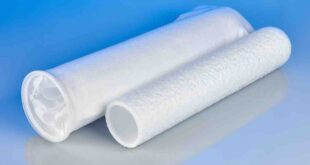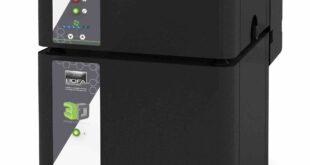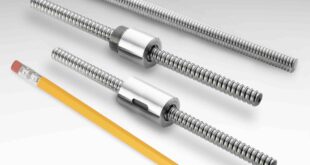Steve Martin explores how effective wastewater management can improve overall reputation
One of the core themes at the heart of the infamous novel The Strange Case of Dr. Jekyll and Mr. Hyde is the Victorian idea of reputation.
Social convention of the era was so important that those who acted disreputably could be shunned, forcing people to suppress their less than favourable traits.
While society is now much more accepting, elements of this mindset still exist, especially within the hospitality industry.
The backbone of the hospitality industry is good service. An excellent service that meets all of a customer’s needs will inevitably boost satisfaction, which is one of the sector’s core means of measuring success.
A company’s ability to retain customers is dependent on ensuring they stay happy and well served.
However, customer satisfaction isn’t exclusively reliant on the service provided.
Recent studies have shown that cleanliness is actually the biggest underlying factor in negative customer reviews, having three to four times as much impact as location or staff. As a result, hospitality businesses must always pay close attention to the cleanliness of their facilities.
It’s important for facilities managers to keep in mind that cleanliness is not entirely based upon what can be seen.
More often than not, odours contribute to the public perception of a building.
For hotel owners, ensuring that this doesn’t pose a problem involves tasks like regularly changing bins, cleaning lavatories and — most importantly — keeping grease traps and retention tanks well maintained.
Unfortunately, this is easier said than done.
Grease traps quickly become clogged with fats, oils and greases (FOG) from kitchens, which leads to both foul odours and restricted water flow. This results in a build-up of pressure that can cause damage to the system.
Likewise, waste retention tanks are slow-draining and therefore give contaminants opportunity to accumulate and produce odours. This can be prevented with proper treatment but the slow drainage speed means that the tank will finish draining long after staff have gone home, resulting in ineffective dosing.
The typical waste water treatment solution to these problems is the use of either enzyme or surfactant-based products to liquefy the organic matter.
Many businesses believe this will simply wash away any problematic build-ups. Out of sight, out of mind, as it were.
That may be true in the short term but the organic matter soon reforms and congeals further along in the drainage and public sewerage system, resulting in fatbergs forming in sewers.
It is for this reason that many councils are beginning to crack down on enzyme products, the use of which incurs exorbitant maintenance costs for the taxpayer.
Luckily, this can be resolved by using biological wastewater treatment. These treatments contain environmentally friendly bacteria that consume organic matter, safely disposing of it without the risk of it returning further down the line.
In order for these treatments to remain effective for retention tanks, they must be regularly dosed. This can be a highly demanding and labour-intensive task, which would often also require constant monitoring even outside of regular office hours.
While that may be a feasible option for some businesses, for most it is out of the question.
To create an easy and safe alternative to this, NCH Europe has developed the BioAmp automated wastewater dosage system. This can be easily integrated into existing equipment to provide reliably measured and timely dosing without the need for re-design costs. This allows retention tanks to stay well treated at all hours to prevent odour-causing bacteria from building up, eliminating the risk of foul smells and leaving customer perceptions intact.
Waste discharge is no pleasant act. However, with effective treatment solutions in place, businesses can maintain a good reputation and focus more on what really matters: the customer.
Steve Martin is projects director for the Wastewater and Biologicals Innovation Platform at global water, energy and maintenance solutions provider NCH Europe.
 Engineer News Network The ultimate online news and information resource for today’s engineer
Engineer News Network The ultimate online news and information resource for today’s engineer
